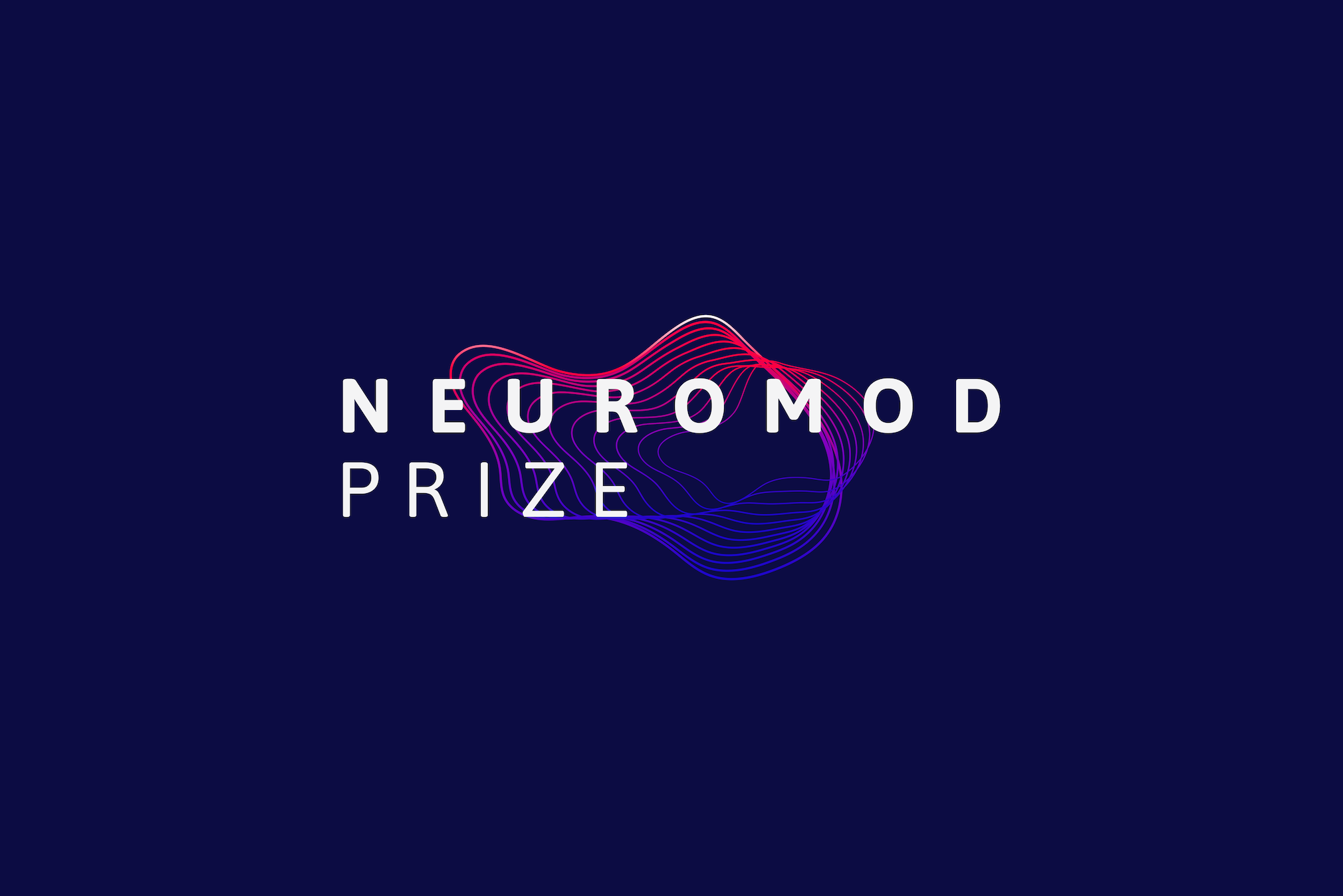$9.8 million prize competition aims to accelerate the development of targeted neuromodulation therapies.
For hundreds of years, governments have used prize competitions to advance scientific discovery and emerging technologies. In the 18th century, Britain offered a significant prize purse for advancements in seafaring navigation, and Napoleon’s investment in a competition led to innovation in food preservation. More recently, DARPA’s Grand Challenge ignited a decade of progress in autonomous vehicle technology, and NASA’s open innovation expertise has helped federal agencies solve important problems.
This week, the National Institutes of Health launched a groundbreaking new program that uses open innovation to advance bioelectronic medicine. The Neuromod Prize, designed and produced by Luminary Labs through a contract with the NASA Tournament Lab, is a $9.8 million competition to accelerate the development of targeted neuromodulation therapies. With this prize competition, NIH aims to bridge the gap between early-stage research and clinical use, bringing innovative therapies to patients.
Neuromodulation is the science of regulating nervous system activity for a therapeutic benefit. Innovators are developing technologies to directly stimulate the brain, spinal cord, and peripheral nervous system to treat symptoms and diseases, producing life-changing patient benefits — from relieving pain and preventing seizures to restoring organ function. Neuromodulation has the potential to treat nearly any condition in the body through regulation of the nervous system.
Recent innovations in device technology and improved understanding of the interactions between the nervous system and target tissues and organs have led to a breakthrough moment in bioelectronic medicine. As decades of research are applied in new ways, innovators are identifying novel neuromodulation approaches that are capable of selectively targeting multiple organs and functions. Bringing more of these solutions to patients will require better clinical translation and improved collaborations between industry, research, and government.
The first phase of the competition calls on scientists, engineers, and clinicians to submit novel concepts and plans for development by April 28, 2022. Phase 1 winners will receive a share of the Phase 1 prize pool (up to $800,000) and the opportunity to participate in a planned Phase 2.
Learn more about the Neuromod Prize: Explore resources and register to attend a virtual information session on February 7.

